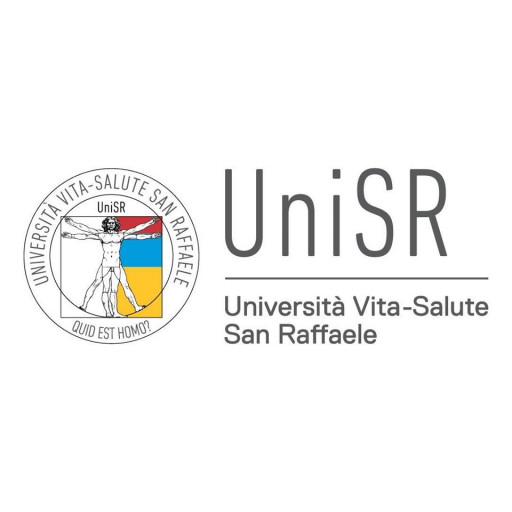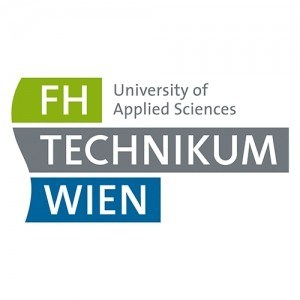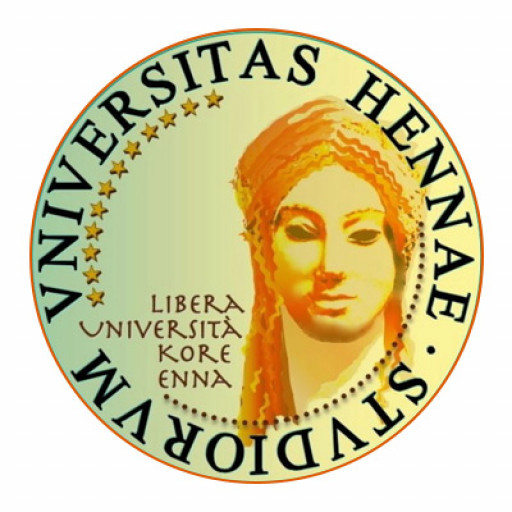This Exercise Rehabilitation MA aims to develop students' theoretical understanding of issues at the forefront of research in exercise rehabilitation. It has been designed to be flexible and relevant to the student's individual needs and interests, with a strong emphasis on developing students' ability to question current thinking and propose alternative evidence based actions/hypotheses.
Within the modular structure all students undertake core/compulsory modules in:
- Supervised Experience a module tailored to the needs of the individual and include directed work with a specified client group or individual;
- MA Research Skills;
- Dissertation Proposal and Dissertation relevant to the programme being studied.
Supervised Experience
The content of this module will be largely student specific and include activities (workshops, directed reading, client based work) that will develop the individuals personal applied support skills. Initially, students complete an individual self-assessment of their current skills/knowledge base and set personal goals to enable them to improve their applied support skills. All students will attend units (workshops) on Ethics in Research and consultancy, communication and counselling skills and how to conduct a needs assessment. Specific physiology and psychology workshops (eg Imagery) will also take place.
Students will complete a contract of intended activities agreed with their supervisor in the first four weeks of their programme of study. This contract may, where appropriate, include the intention to apply to British Association of Sport and Exercise Science (BASES) to commence a formally logged Supervised Experience.
A portfolio will then be developed; the portfolio records activities including meetings with supervisor, attendance at workshops, meetings and a plan of work with at least one client, and thought/evaluations of all meetings and workshops (ie evidence of reflective practice).
MA Research Skills
This module covers material relevant to the design and analysis of both quantitative and qualitative research. It aims to enable students to critically evaluate the statistical procedures that have been used by other quantitative researchers; design and statistically analyse their own true experiments, quasi-experiments and non-experimental hypothesis testing studies and appreciate the assumptions of qualitative research and demonstrate knowledge of data collection and analysis procedures.
Overview and Format of the MA Dissertation related modules
The goal of the Dissertation Proposal module is to fully prepare the student for successful completion of the subsequent MA Dissertation. Literature searching, presentation, and scholarly writing skills will be honed. To achieve this, the student will work along side a supervisor to identify a broad topic ripe for review. Upon development of an initial layout for the Dissertation, one or possibly two areas of the topic are reviewed. As such a deliberately narrow and abbreviated review is conducted better allowing the student to gain clear and progressive understanding of the levels of thoroughness and critical thinking associated with a MA Dissertation.
Students will receive tutorials and guidance in planning a literature search, identifying and gathering a literature, preparing a literature review, developing a dissertation proposal, and making an oral presentation of the proposal.
In their Dissertation module, students will compose a literature review and develop a proposition that they will advance as an argument. The resulting written report will demonstrate in-depth knowledge of the chosen topic.
Students also study additional compulsory modules in:
- Clinical Exercise Physiology;
- Disability and Rehabilitation;
- Rehabilitation of the Injured Athlete.
The programme is delivered using a variety of teaching methods, including lectures, seminars, workshops, group activities, practical work, tutorials and role play. Each module comprises approximately 200 hours of student time (including formal contact).
Future Career
This course could enable students to develop their careers in a number of ways. The course is primarily aimed at students who wish to pursue sport or health related careers that do not involve conducting empirical research.
The MA is especially recommended to graduates who want to pursue a career in sport or health related fields, such as rehabilitation, coaching, leisure and fitness; pursue a career in related fields such as education and social services; give their CV an additional boost; explore a particular area of sport or health sciences in detail through researching and writing a literature review.
NB This course is not appropriate for students wishing to progress onto academic research via a science based PhD.
Want to improve your English level for admission?
Prepare for the program requirements with English Online by the British Council.
- ✔️ Flexible study schedule
- ✔️ Experienced teachers
- ✔️ Certificate upon completion
📘 Recommended for students with an IELTS level of 6.0 or below.
The School offers some funding for students applying to study on any taught postgraduate programme.
Funding may also be available from the University.











